Back
Saksham
•

Bebyond • 1y
Olympic Disqualification Meets Sports Arbitration: Vinesh Phogat's CAS Appeal The 2024 Paris Olympics have thrust a crucial sports law issue into the spotlight. Indian wrestler Vinesh Phogat's disqualification from the women's 50 kg freestyle final and her subsequent appeal to the Court of Arbitration for Sport (CAS) highlight the complex interplay between sports regulations and international arbitration. Key legal aspects: 1. CAS Ad-Hoc Division: Established to resolve Olympic disputes swiftly, this specialized body operates under expedited procedures, aiming to issue decisions within 24 hours. 2. Arbitration seat: All CAS Ad-Hoc Division arbitrations are seated in Lausanne, Switzerland, governed by Chapter 12 of the Swiss Act on Private International Law. 3. Exhaustion of remedies: Claimants must typically exhaust all internal remedies before appealing to CAS, though exceptions exist for urgent cases. 4. Ex-parte interim relief: In cases of "extreme urgency," the Ad-Hoc Division can grant interim relief even before constituting an arbitral panel. 5. Limited grounds for appeal: Set-aside proceedings against CAS Ad-Hoc Division awards rarely succeed, emphasizing the finality of these decisions. 6. Proportionality of sanctions: CAS may review the proportionality of sanctions imposed by sports governing bodies, balancing rule enforcement with fairness. This case underscores critical issues in sports arbitration: - The tension between swift dispute resolution and due process - The extent of CAS's power to review decisions by international sports federations - The role of arbitration in maintaining the integrity of international sporting events What reforms do you think are needed in sports arbitration to better serve athletes and maintain the integrity of competitions? Share your thoughts!
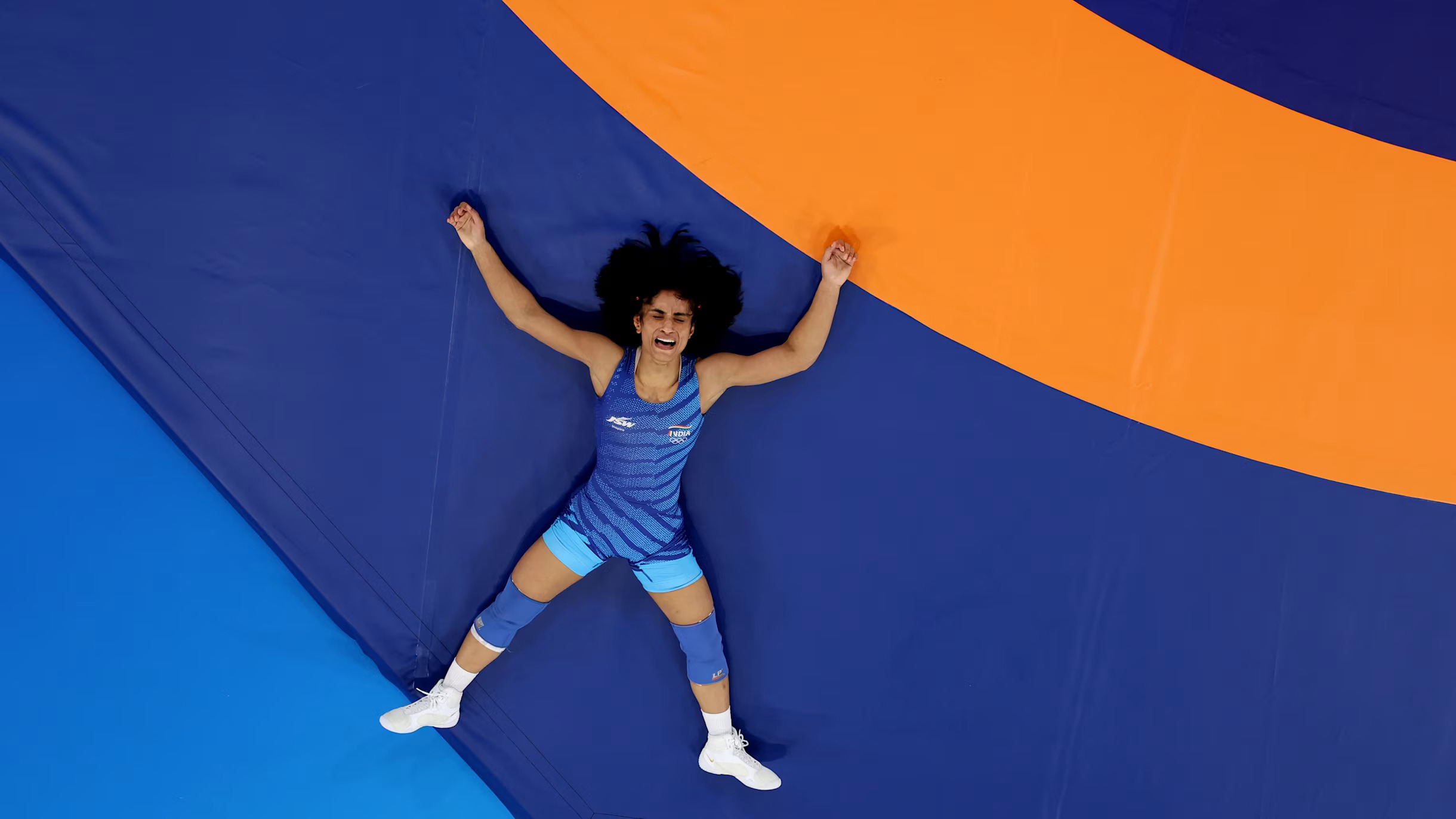
Replies (1)
More like this
Recommendations from Medial

Anonymous
Hey I am on Medial • 1y
What do you guys think about the Indian sports industry? We have literally 1.7 billion people in India but only a handful of them have made their name in International football, basketball etc. (except cricket) There are so many TALENTED individual
See MoreSK Ngaihte
Entrepreneur and Lea... • 7m
we have recently started a company in the shoe business. we focus on sports shoes. we are creating our own brand. we are planning to compete woth international brands like nike, adidas, puma, reebok, asics, new balance, etc. that are already domin
See MoreAccount Deleted
Hey I am on Medial • 1y
trend of luxury brands entering the world of sports: * Luxury brands are increasingly partnering with athletes and sports teams to reach a broader audience and tap into the growing influence of athletes as cultural icons. * This trend is being dr
See More
Download the medial app to read full posts, comements and news.


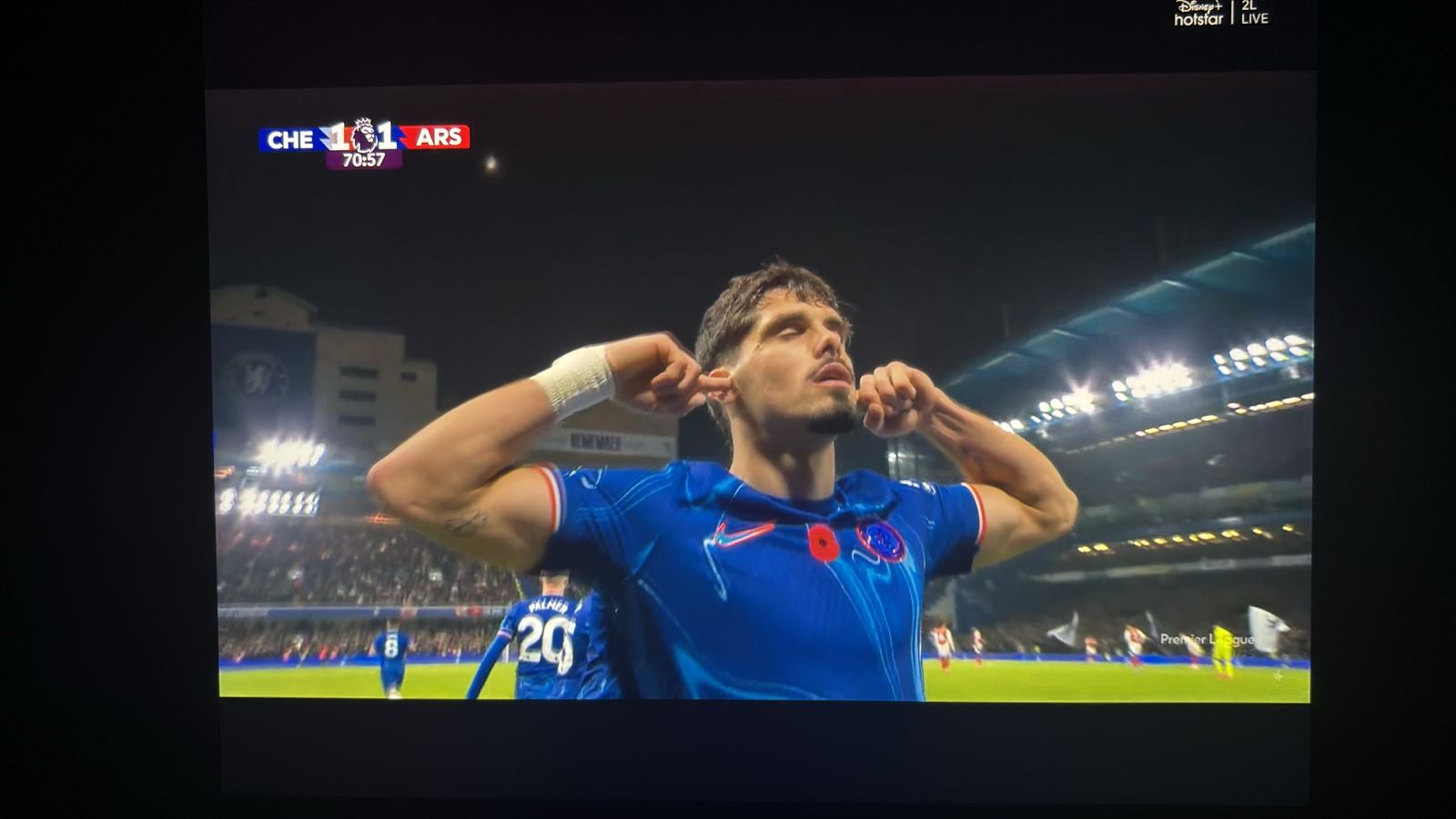

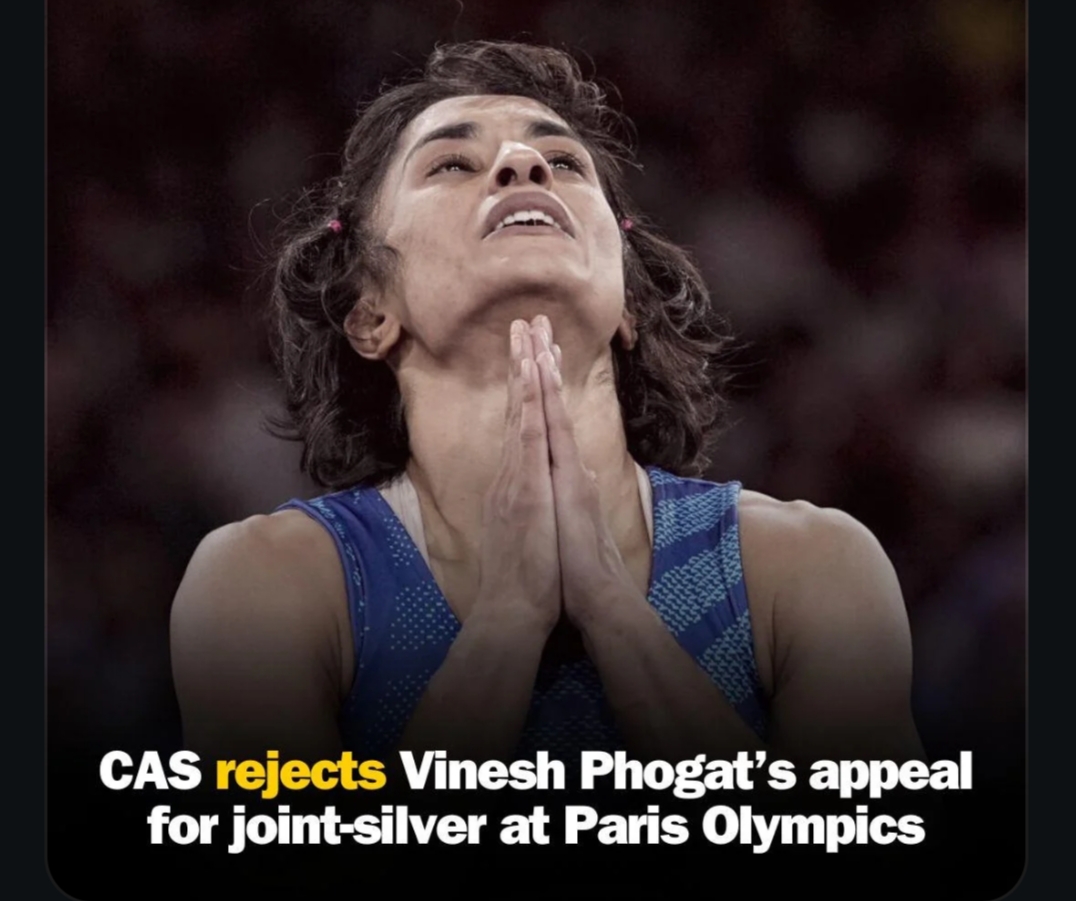


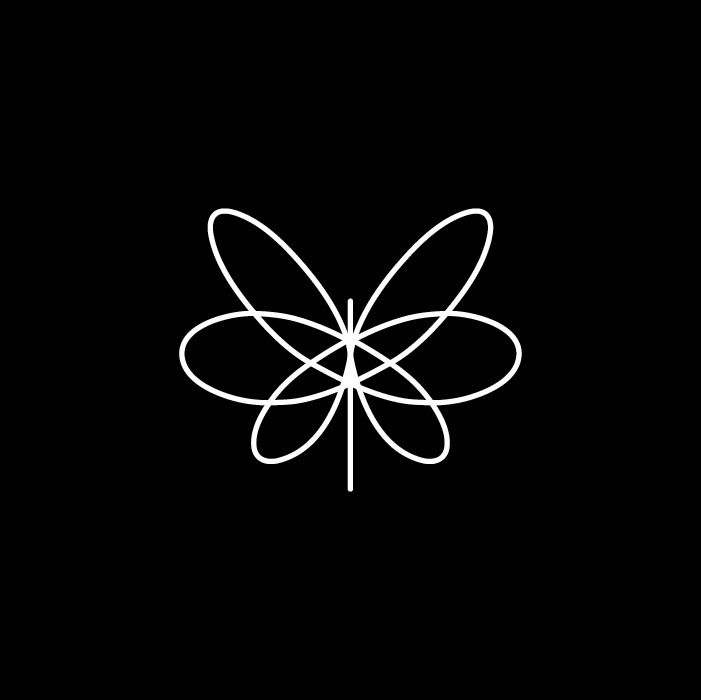
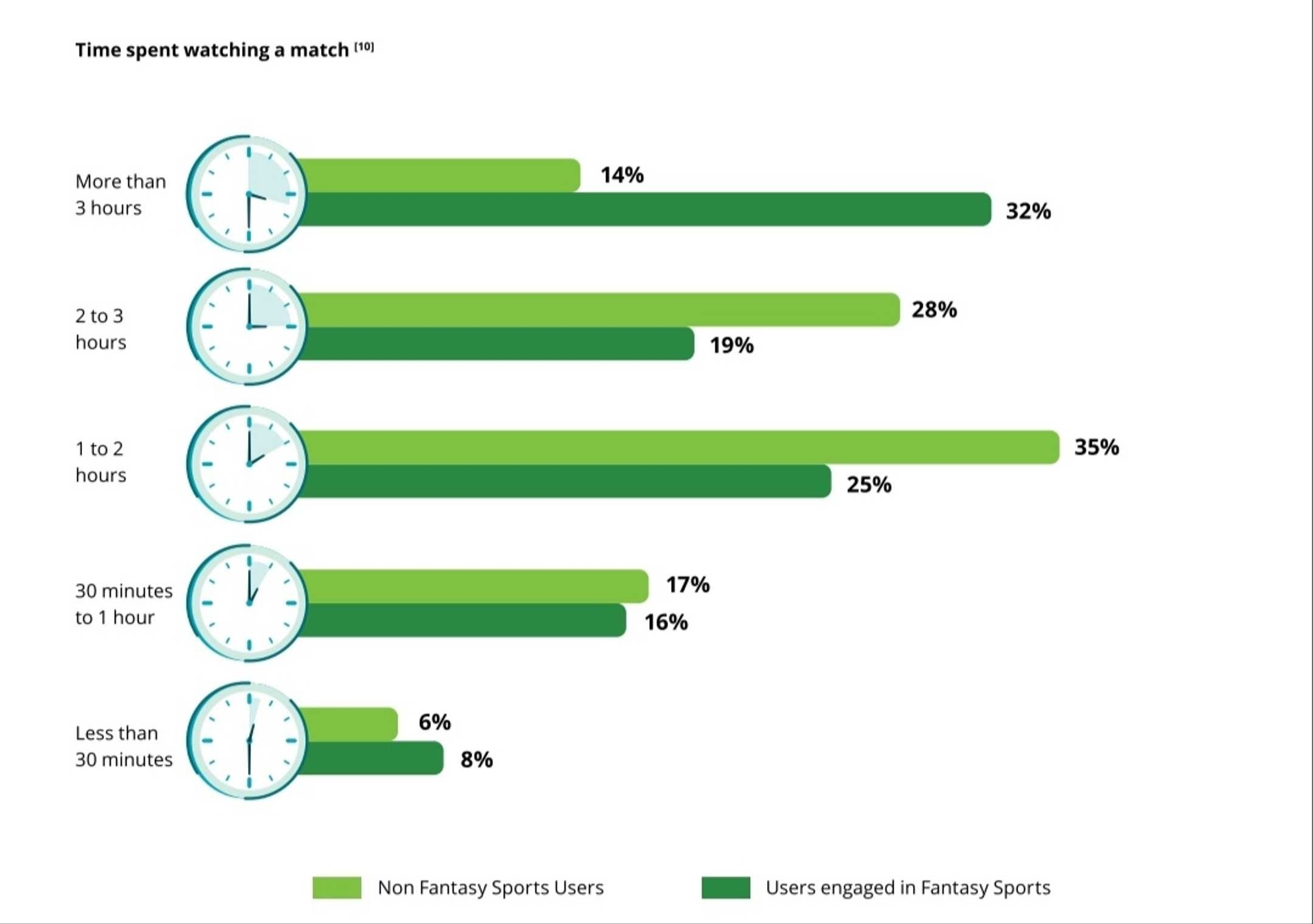






/entrackr/media/post_attachments/wp-content/uploads/2021/08/Accel-1.jpg)



















